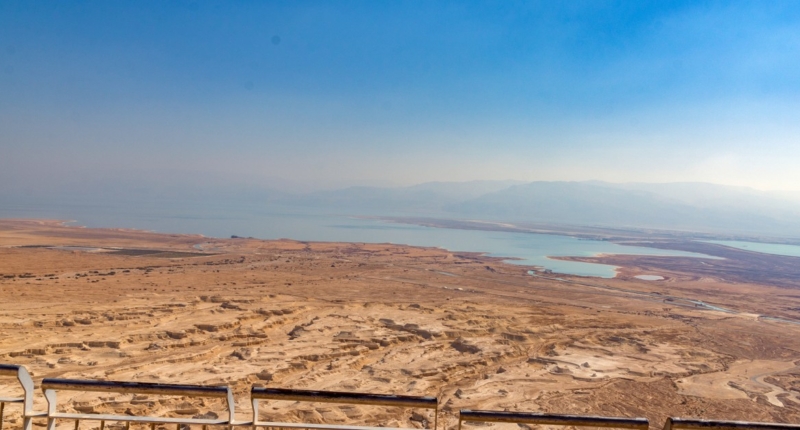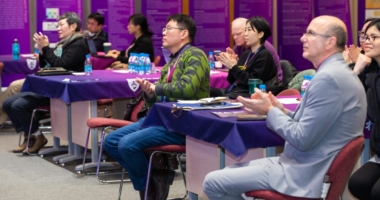Water is a precious resource, and the world is facing a global water crisis that threatens public health, agriculture, and wildlife. However, innovative solutions are emerging, and Israel is leading the way in sustainable water management. Israel is the global leader in wastewater reclamation, repurposing nearly 90 percent of wastewater for agriculture irrigation and other purposes. Northwestern University organizes an annual study-abroad trip to Israel called the Global Engineering Trek to Israel (GET), where undergraduates learn about the latest advancements in sustainable water management. The US-Israel Collaborative Water-Energy Research Center (CoWERC), founded by Northwestern and Ben-Gurion University, is one of the key players in sustainable water management. Innovative approaches like CANDO+P have enormous potential to lower the barriers to wastewater reuse and provide a path toward a truly circular water economy.
Israel Leading the Way to Sustainable Water Management
The world is facing a global water crisis, as evidenced by droughts, dwindling water supplies, and decreasing water reservoirs worldwide. However, solutions are emerging, and Israel is one of the nations at the forefront of water innovation. For more than a decade, Israel has been working on sustainable water management, and as a result, it is now the global leader in wastewater reclamation, repurposing nearly 90 percent of wastewater for agriculture irrigation and other purposes.
To learn more about Israel’s innovations in sustainable water management, Northwestern University organizes an annual study-abroad trip called the Global Engineering Trek to Israel (GET). The trip is supported by the University’s Israel Innovation Project, the Center for Water Research, McCormick Global Initiatives, and the Institute for Sustainability and Energy at Northwestern (ISEN). Undergraduates from Northwestern travel to Israel to learn about the latest advancements in sustainable water management.
The US-Israel Collaborative Water-Energy Research Center (CoWERC), founded three years ago by Northwestern and Ben-Gurion University of the Negev in Israel, is one of the key players in sustainable water management. According to Aaron Packman, co-director of CoWERC and director of the Center for Water Research, CoWERC has a wide range of expertise, which allows them to take a broad view and focus on the most impactful work.
Peter Pinder, a junior majoring in civil engineering who traveled to Israel on the GET trip last fall, was impressed by Israel’s ability to create practical solutions to its water crisis. He said, “Their ability to create change and turn this issue around so that they are now a global leader in this area is quite impressive.”
Israel’s efforts in sustainable water management are a model for other nations to follow. Despite the challenges posed by the global water crisis, solutions are emerging, and CoWERC is at the forefront of these efforts. By bringing together experts from different fields and nations, CoWERC is forging a path to a circular water economy that will benefit people, wildlife, and agriculture around the world.
Innovations in Sustainable Water Management
According to Aaron Packman, a professor of civil and environmental engineering at the McCormick School of Engineering, water and energy are inextricably linked. The purification and distribution of water require significant amounts of energy, while water is essential to the production of energy. Innovations and efficiencies in any of those processes can have an exponential impact on the cycle, generating more water for human consumption and agriculture and more energy for a variety of other purposes.
Turning Wastewater into Energy
Wastewater contains a substantial amount of energy that can be used for other purposes. The Wells lab at Northwestern University is developing a new technology called CANDO+P that can recover nutrients from wastewater while producing clean water for reuse. This process removes nitrogen in a manner that allows it to be used for bioenergy, while phosphorus is recovered in a form that can be reused as fertilizer.
Innovative approaches like CANDO+P have enormous potential to lower the barriers to wastewater reuse and provide a path toward a truly circular water economy. According to George Wells, associate professor of civil and environmental engineering, “That vision is vitally important not just to Israel and the U.S., but to sustainable water stewardship worldwide.”
Don’t miss interesting posts on Famousbio










